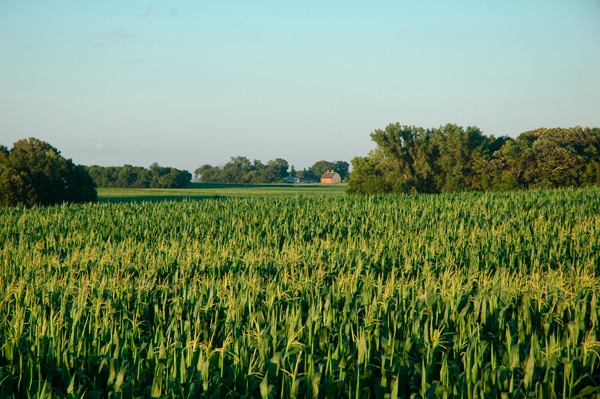
One of the top 10 questions I am asked, and perhaps number one or two, is “Will the farmland bubble burst?” Examination of farm real estate data by state illustrates a compelling story that farmland is not experiencing a national bubble, but one of regional and local proportions.
If there is a land bubble, it is located in the upper Midwest and the western Corn Belt. For example, our good friends in Nebraska have experienced a 50% increase in land values in the past two years, followed closely by Iowa, Illinois and Minnesota.
When the red-hot natural gas and oil markets were combined with strong agriculture earnings, this resulted in North Dakota being last year’s record-breaker with a 36% annual increase in land values. If one sits back and compares these appreciation rates to the dot-com boom on the stock and equity markets and the real estate markets in the “sun states” prior to the financial meltdown, there are glaring similarities.
The rush to farm real estate is placing the farm balance sheet in a heavily weighted position toward an illiquid asset, farmland. Yes, farm balance sheets are extremely strong in the equity element. However, liquid assets, i.e. assets that can be sold without disrupting normal operations, are very thin. This, combined with expense inflation, i.e. cash rents, real estate taxes, and other costs, could be creating the perfect brew for a correction.
Five years ago, land purchasers were writing checks out of profit for acquisitions. Informal discussions with lenders now find equity is being used for down payments, along with operating monies channeled for cash or upfront payments.
Back to the $64 billion question, when will the farm asset bubble quit bubbling? In the Midwest, the correction will occur only when profits are suppressed for multiple years and interest rates rise. The correction would be most prevalent in the double-digit land appreciation states and much less in the South and the coastal areas. In the meantime, enjoy the benefits of paper wealth gains, but be aware that the land cycle may be getting “long in the tooth.” However, many of us so-called experts stated that a decade ago! Go figure!
About the Author(s)
You May Also Like






